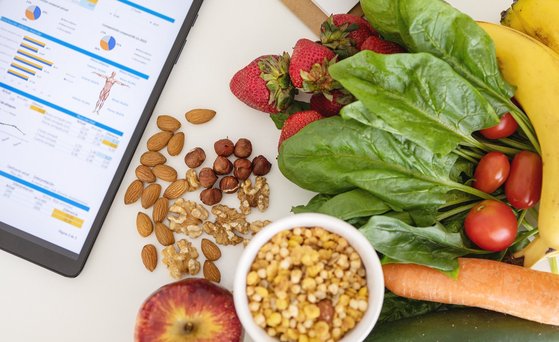Research on procuring data for exposure assessment

What it's about
Standardised, simple screening methods as well as modern statistical methods are needed to collect data and assess exposure. BfRshort forGerman Federal Institute for Risk Assessment develops these methods further in order to be able to give a realistic assessment of the risks with an acceptable degree of effort.
Our tasks
The risks linked to foods and consumer products are diverse and complex. In order to identify a possible threat to consumers, information is needed about the intake of pathogens and contaminants. The precondition for risk assessment is, therefore, knowledge about the occurrence, spread and intake of harmful pathogens, contaminants, products and their chemical substances. One focus of BfRshort forGerman Federal Institute for Risk Assessment research is, therefore, the development of methods to collect data within the framework of risk analysis as the basis for exposure assessment.
Standardised, simple screening methods as well as modern statistical methods are needed to collect data and assess exposure. BfRshort forGerman Federal Institute for Risk Assessment develops these methods further in order to be able to give a realistic assessment of the risks with an acceptable degree of effort.
The focus of research is the development of refined variability-related approaches to exposure estimation and the collection of high-quality data for exposure estimation in the area of food safety. Important data sources are food consumption studies, levels of agents in food and consumer products, transfer studies in farm animals on the transition of undesirable substances from feed to food of animal origin, as well as data that provide information about the handling of consumer products in daily life (consumer behaviour).